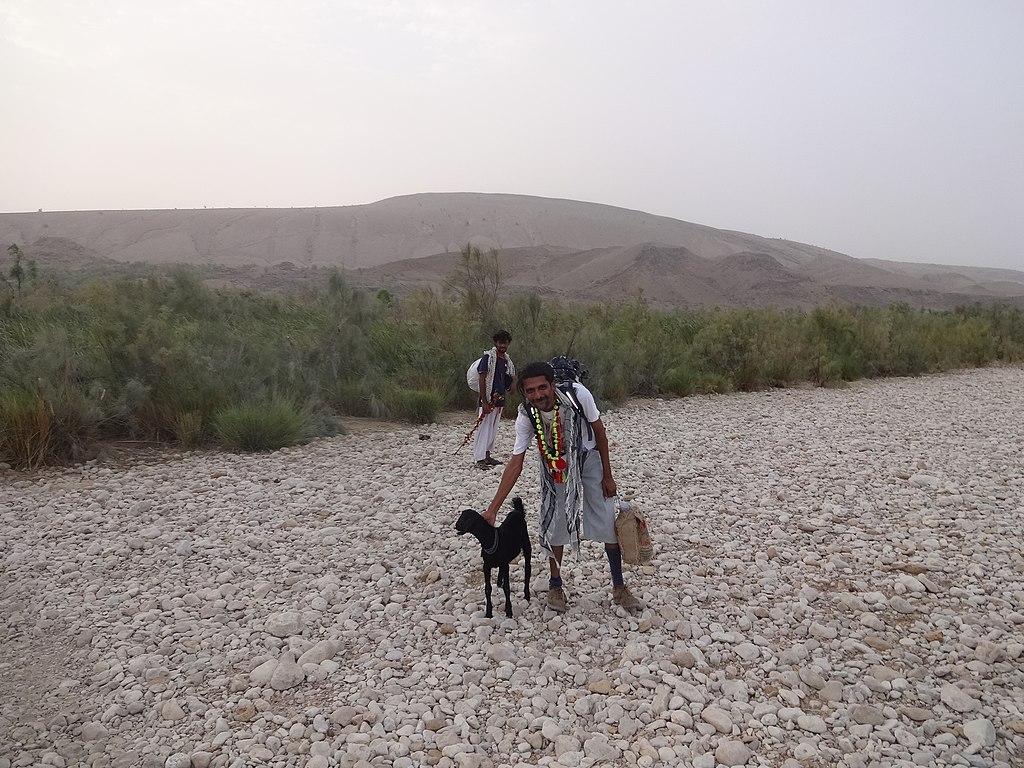
Dorien Braam is lead author on a study on the impact of climate disaster on zoonotic disease transmission
It is apparent that it was upon returning to their communities after having been displaced when risk of disease outbreaks was the greatest. Increased support during this crucial stage of resettlement is therefore warranted.
Dorien Braam et al
Humanitarian support for livestock-dependent populations displaced by climate change and disasters must take livelihood needs into account to support health and aid longer-term recovery, according to a new study.
The study, ‘Disaster displacement and zoonotic disease dynamics: The impact of structural and chronic drivers in Sindh, Pakistan’, is led by Dorien Braam and published in PLOS Global Public Health this week.
It is based on concerns that projected increases in human and animal displacement driven by climate change, disasters and related environmental degradation will have significant implications for global health. Pathways for infectious disease transmission including zoonoses – diseases transmitted between animals and humans – are complex and non-linear. While forced migration is considered an important driver for the spread of zoonoses, the actual disease dynamics remain underresearched.
The paper, which is part of Braam’s PhD research, investigates how disaster displacement affected zoonotic disease dynamics following the 2010 ‘superfloods’ in Sindh province, Pakistan.
The researchers interviewed key informants in Karachi, Hyderabad and households across six rural communities in Thatta and Sujawal between March and November 2019, supported by observational studies and a review of secondary data.
Buffalo, cattle and goats were often the only moveable asset, but livestock was rarely included in the humanitarian response, resulting in communities and households fragmenting according to the availability of livestock provisions.
The researchers, led by Braam [2018], conducting a PhD in Veterinary Science, found that, rather than a driver for disease, displacement acted as a process affecting community, household and individual zoonotic disease risk dynamics, with outcomes based on available resources and social networks before, during and after displacement, rooted in the historical, political and socio-economic context.
They conclude that in rural Sindh, disaster-displaced populations’ risk of zoonoses is the result of changes in dynamics rooted in pre-existing structural and chronic inequalities, making people more or less vulnerable to disease through multiple interlinked pathways. In response, this requires multilevel interventions at all stages of displacement, with attention being paid to include communities in developing solutions.
The researchers say: “From our study and previous work in this area, it is apparent that it was upon returning to their communities after having been displaced when risk of disease outbreaks was the greatest. Increased support during this crucial stage of resettlement is therefore warranted.”
The findings have implications for policy makers and humanitarian responders assisting displaced populations dependent on livestock, with a call to better integrate livestock support in humanitarian policies and responses for health, survival and recovery.
*Picture credit: Wikimedia commons and LahootiHyderi.












